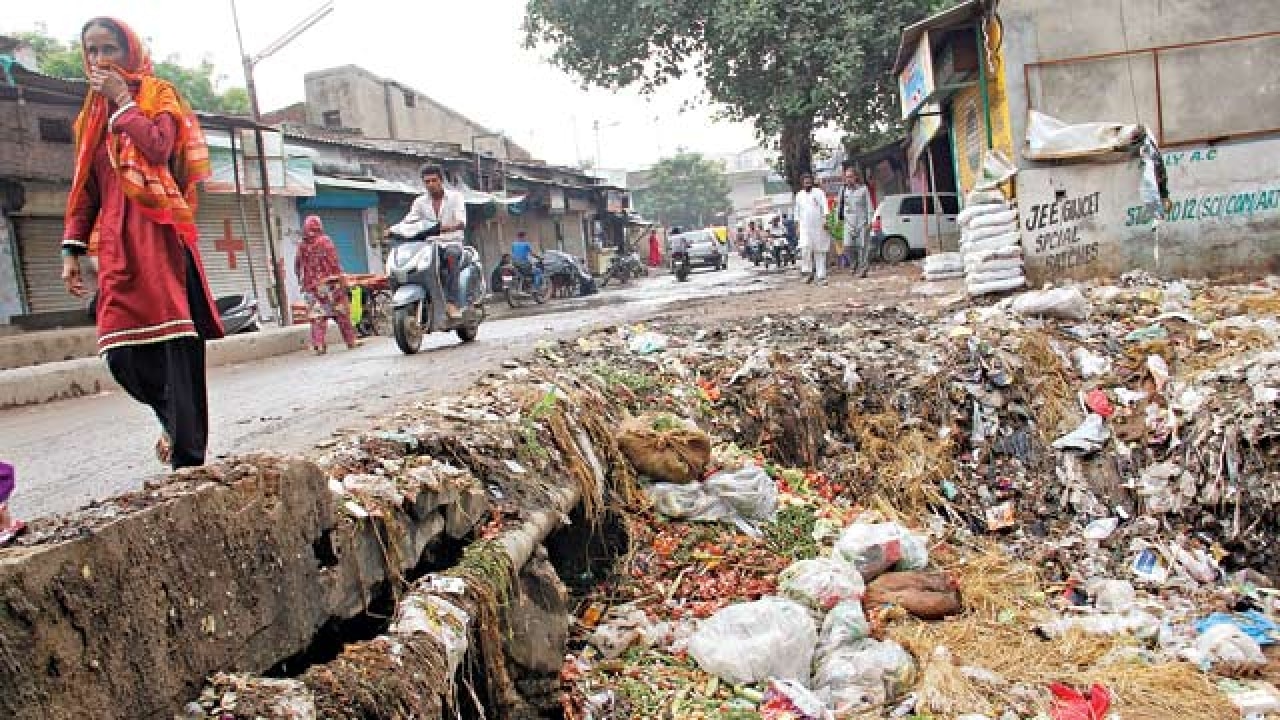
What is the matter? Is it something special today?” I asked surprised to see my neighbour cleaning the road and because roads are cleaned only during special occasions. I stood curiously at the door of my house. “No Betaji, Modi is such a big man and if he is cleaning then what is the harm if we cooperate. It will benefit us in the end.” Mahesh uncle answered my query and he also gave me the newspaper where a photo showed Prime Minister Narendra Modi sweeping the road which was followed by an article on Swachh Bharat. I felt delighted looking at my neighbours who understood the importance and benefit of this mission. After all, it is not every day that we get inspired to take up a country-wide call of action and act on it.
India is working towards becoming a developed nation. But it is impossible to achieve our dreams of growth and prosperity without addressing the basic problems of improper sanitation and lack of cleanliness, lack of potable water, and unhygienic living conditions. A healthy population is the strongest pillar of a developed nation. The Swachh Bharat mission launched on October 2, 2014, marked a shift in the priorities that India has tried to address since Independence. From trying to address the larger issues plaguing the nation, the nationwide campaign of Swachh Bharat shifted the focus to a citizen-owned problem that very few spoke about – cleanliness.
Around 90 per cent of the diseases in rural areas are caused due to unhygienic living conditions and unsafe drinking water. It is imperative that we work together to improve the quality of life of rural people and ensure their good health. I belong to a prosperous district of western Uttar Pradesh, but in my village out of 160 families almost 50 families practise open defecation, mostly near the sources of water like the ponds, which also provide drinking water to the households. These practices which have been socially accepted for hundreds of years have never raised eyebrows until now. Lack of awareness is a major cause of this. The importance of safe drinking water, sanitised latrines and proper drainage system are never spoken about. However, I now see a change. In my village, a cemented drainage system has replaced the earlier unplanned drainage. My neighbours and my own family have realised the importance of cleaning not just our own houses but also the surrounding areas.
Urban areas are also constantly battling the problem of unsanitary living conditions. In cities, the development of a massive network of public toilets and proper solid waste management has helped people understand and get involved in creating a cleaner country.
This change is not just about bringing about physical transformation but also about changing people’s attitude towards cleanliness and personal hygiene. Students are also becoming active members of this nationwide campaign. Swachh Bharat Vidyalaya Campaign, initiated by the former HRD Minister, Smriti Irani, mandated students with ensuring that their campus and surrounding areas are clean. My peers and I are also part of this mission. We help keep our hostel, classes, grounds and campus clean. I personally feel that we tend to study better in a clean environment. Students come together on specific days and take the charge of cleaning the whole campus and collecting recyclable waste.
There is a need to engage the community in order to address certain age old perceptions and practices. At this stage, every citizen should take a pledge that he/she will contribute towards making India clean in the true sense of the term.
Send your edits to gennextedit@dnaindia.net